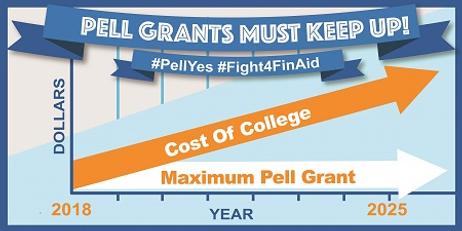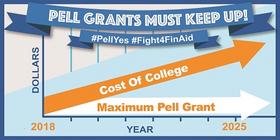College tuition is not cheap, and the cost seems to rise with each passing year. According to College Board, the average yearly rate for in-state tuition at a public college is over $25,000. At a private college, tuition can cost upwards of $50,000 per year.
If you are determined to go to college but you don’t have an extra $25k to $50k per year to spend, consider community college as an alternative. The average cost for community college tuition is under $5,000 for in-state students and under $10,000 for out of state students. Even if you complete your general education requirements and then transfer to a four-year school, you’ll still be saving a lot of money.
While attending community college is much more affordable than paying for a four-year university, it is still a significant expense. Keep reading to learn about your options for financing community college, including common myths about scholarships, the different grants, and tips for reducing your costs while in school.
This video offers suggestions on how to pay for college.
Debunking Common Myths About College Scholarships
The word “scholarship” is a dangling carrot for high school students preparing for college. While most colleges and universities offer them, they often seem like they are just out of reach. Though you may not realize it, many community colleges offer scholarships as well and there are always private scholarships to consider.
Unfortunately, many students



















